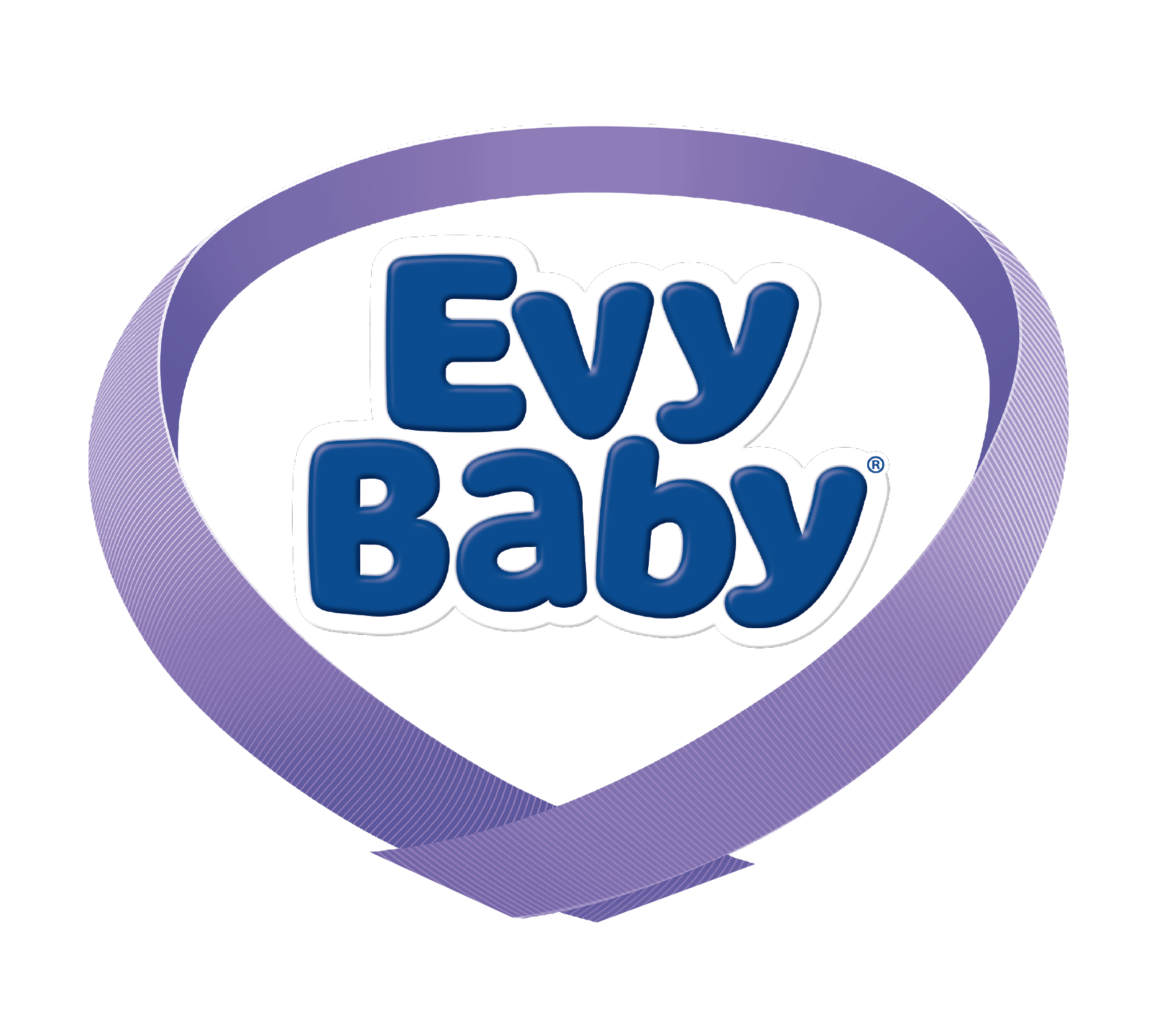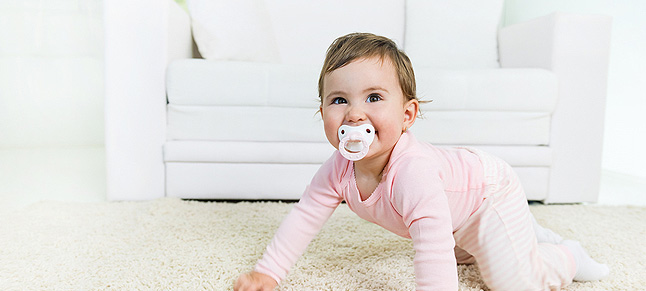

From the time when you carried your baby in your womb to the school-age years and even beyond, you will encounter a lot of factors affecting your child’s behavioral development. The most important one of these periods is the infancy period, which personality development of your child is based on. Growing in the family environment after meeting the parents, your baby is quite open and prone to the environmental effects and it begins to acquire the behaviors to shape its personality in the future during this period. At this very point, the attitude and approach of the parents to the baby and to each other, as well as the environmental factors come in.
But what are the factors affecting your baby’s behavioral development? What should the parents and the immediate circle of the baby do about this? This article of the Mom’s Land deals with this topic and lists what to do for a healthy behavioral development of your baby.
- One of the most significant turning points of your baby’s behavioral development process is the time when it begins walking. A walking baby is a one who has discovered freedom. Thus, it is no more dependent upon the parents to walk around. This development, however, may bring some problems as well. Your baby who has just learnt how to walk becomes more interested in, and naturally more curious about the environment. So your baby may overturn small things in the house, rummage all the drawers and want to play with anything whether it is suitable or not. In such case, instead of setting rules and prohibitions, you should guide your baby as a parent. That is because a baby who can go from one point of the house to the other all by itself will under no circumstances obey your rules. The best option would be adopting a reconciliatory approach.
- Your guidance for your baby through this process means confidence and trust to her. Therefore, instead of locking the closets and drawers lest your baby rummages them, it is better not to keep the objects that could harm your baby, be overturned or drop in this part of the house.
- You should let your baby experience things in the house. If you prohibit virtually everything your baby is interested in, this may harm its self-confidence as well. You should let it fail in the cases which are not risky so that the baby will feel the confidence and joy of trying, making effort and discovering.
- Do not be worried or alarmed if your baby has dirtied its clothes or rummaged and messed things up. That is because all these are the natural stage your baby should go through during its developmental process. If you react to these behaviors anxiously as a parent, this will cause your baby to have an idea that the world it is living is a dangerous place.
- There is a well-known saying in Turkish which translates literally into English as “A child grows up by falling and getting up”. Indeed, each and every baby falls and gets up again while growing up. It may hit the certain parts of its body against somewhere or something particularly during the crawling and toddling period. Unless your baby might get a blow to a sensitive part of the body, fall hard or reach a fragile object, do not try to get it to its feet immediately in small scale trips and falls. In such a case, be at your baby’s side, give it the message “you are safe”, but let it get up on its own. Thus, you give it confidence and moral support. Otherwise your baby may make a great deal about even the tiniest of events or things and feel at risk in every case, which is extremely wrong.
- One of the most important tools for your baby to acquire the behaviors of cooperation and social presence in a healthy way is the play. Thus, you should establish a good dialogue during the play. As the time babies focus their attention on something is quite short, they will want to switch to different plays and toys. Help them with this and do not restrict them. Developing a means of communication that will draw their attention is strictly essential to lead and guide them during the play.
- Like all of us, babies have the urge to “be useful” as well. Though being not clear from outside, this manifests itself through behaviors. When your baby gets a little bit older, you can give it tasks within its capability. This will improve the baby’s helpfulness, idea of task and responsibility. Tidying up the objects scattered, bringing you an object you want your baby to bring you etc. are the factors satisfying these emotions mentioned and shaping future behaviors right now.
- Do not lock your children up in the house and confine their freedom with the house. Try to spend time outdoors together as well if the weather is good. Even though your baby has grown up a little more, the world is still a place which is quite vague and yet to be discovered by it. Otherwise the baby may become an individual who unnecessarily constrains himself and fails, or is too late, to realize own skills.